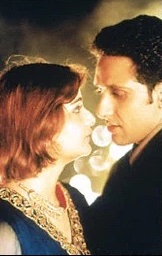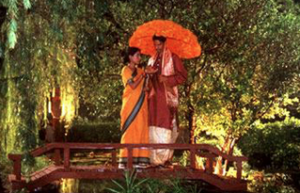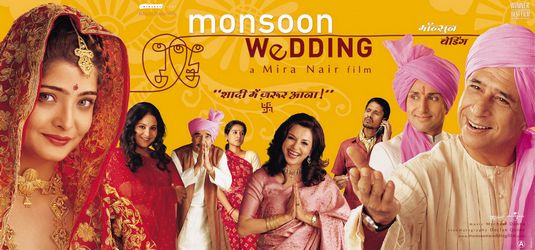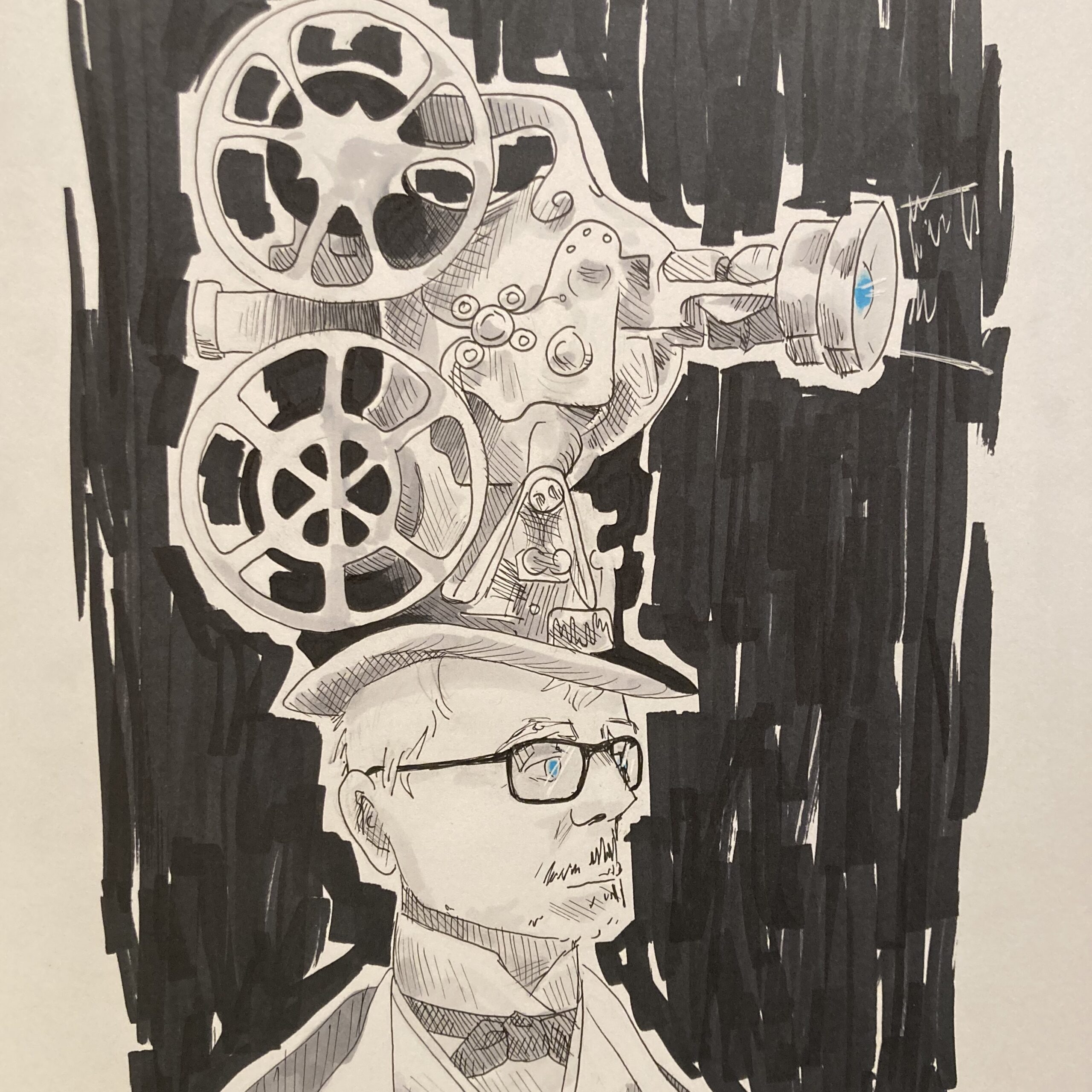“These are my children, and I will protect them from myself even if I have to.”
Mira Nair is a terrific filmmaker. Her work straddles documentary and fiction storytelling, and she’s a true international citizen with experience living and working in multiple countries that have helped her establish a truly open and curious point-of-view.
Her 2001 feature Monsoon Wedding, written by Sabrina Dhawan, is a noisy affair spun around the multi-day occasion of an arranged marriage. Importantly, all three of the film’s main behind-the-scenes creative positions, those of writer, director, and producer, are filled by women; Nair is a co-producer with Caroline Baron.

Monsoon Wedding’s point-of-view character is the bride’s father, Lalit Verma (Naseerudden Shah), who worries over everything, from the capability of his wedding planner, Dubey (Vijay Raaz), to the happiness of his soon-to-be-married daughter, Aditi (Vasundhara Das), to the comfort of his extended family and that of his new in-laws who have flown in from across the globe to celebrate Aditi’s marriage to Hemant Rai (Parvin Dabas). In just under two hours Nair offers dozens of speaking parts, multiple set pieces, layers of family history referring directly to the Partition of India in 1947, as well as travelogues that glimpse the countryside and cityscapes of then-modern India, circa 2000-2001.

The most interesting thing about Monsoon Wedding, though, is a parallel set of marriage stories, one arranged, one arrived at by chance. In the first case we see how complicated it is for Lalit to host two appropriately matched families, particularly once a number of rather intense secrets come out of the family closet. This contrasts with Dubey’s accidental romance of Alice (Tillotama Shome), the Verma family’s maid, which is an occasion for exploring the simple, honest affection of everyday folks, accompanied by many marigolds and notes of magical realism.
When both marriage stories converge on the monsoon of the movie’s title, a further edge of brilliance shows through as Lalit is forced to choose the conventional family story of unity that dates back decades, or else break with family elders upon whom he depends. The choice he makes, given the evidence we slowly put together that exposes a long-standing form of intra-family predation, makes the concluding celebration all the more powerful because dirty laundry is finally left in the rain.
Meant for a specialized audience, Monsoon Wedding is a multi-lingual festival of sights, sounds, and family portraiture that is, despite being rooted to Indian custom and tradition, truly universal in scope.
–May 31, 2019



